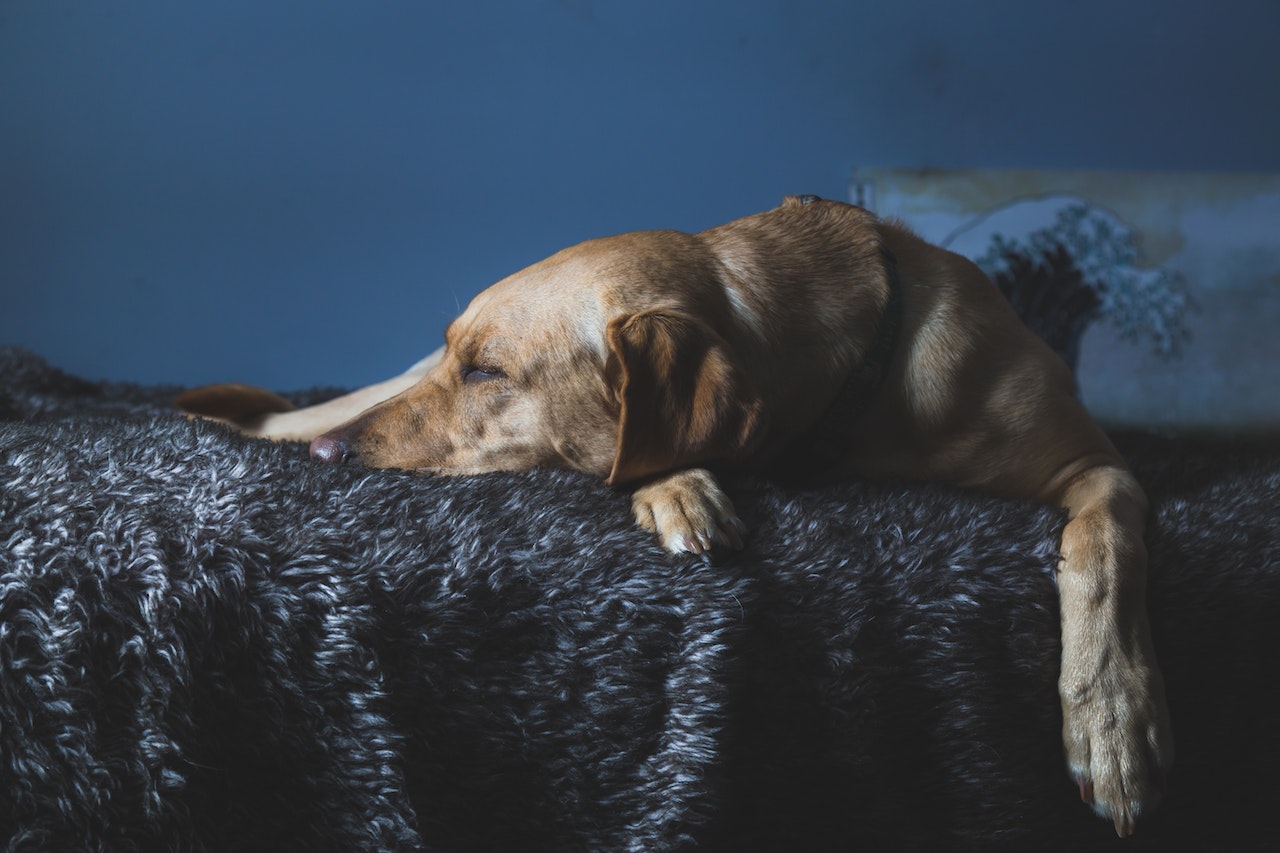How to Train an Older Dog
If you’re looking to train an older Labrador, you may be wondering where to start. Training an older dog can present its own set of challenges, but with the right approach and a little patience, it’s definitely possible to teach them new tricks. In this article, I’ll share some tips and techniques that can help you effectively train your older Labrador.
The first step in training an older dog is establishing a strong bond built on trust and respect. Spend quality time with your Labrador, engaging in activities they enjoy such as walks or play sessions. This will help create a positive association between you and your furry friend.
When it comes to obedience training, remember that consistency is key. Use clear commands and reward-based methods to encourage desired behaviours. Break down tasks into smaller steps and gradually increase difficulty as your Labrador progresses.
It’s important to keep in mind that older dogs may have certain limitations or health issues that could affect their ability to learn or perform certain commands. Be patient and understanding during the training process, adapting exercises or techniques as needed.
By approaching training with love, patience, and consistency, you can successfully train an older Labrador and strengthen the bond between you both. So let’s get started on this exciting journey towards a well-trained companion!
Recognizing the Challenges of Training an Older Dog
When it comes to training an older dog, it’s important to recognize that they may have different needs compared to younger dogs. One common challenge is understanding their physical limitations and any age-related health issues they may be facing. For example, older dogs might have arthritis or decreased mobility, which can affect their ability to perform certain exercises or follow commands as quickly as before.
Additionally, older dogs may have developed certain behavioural patterns or habits over the years that require more effort to modify. It’s crucial for trainers to approach these situations with patience and a deep understanding of the individual dog’s history and personality.
Addressing Physical Limitations During Training
As mentioned earlier, older dogs often face physical limitations that can impact their training progress. It’s essential to take these limitations into account when designing a training program for your Labrador or any other breed. Here are some practical tips for addressing physical challenges during training:
- Modify exercises: Adjust training exercises to accommodate your older dog’s abilities. For instance, if they struggle with jumping onto elevated surfaces like agility equipment, consider using ramps or lower obstacles.
- Shorter sessions: Older dogs might tire more easily than younger ones. Keep your training sessions shorter and spread them out throughout the day instead of having one long session.
- Low-impact activities: Incorporate low-impact activities like swimming or gentle walks into your routine as they are easier on joints while still providing mental stimulation.
Remember, always consult with your veterinarian before starting any new exercise regimen for your senior Labrador retriever.
Building Trust and Patience with an Older Dog
Training an older dog requires a different approach when it comes to building trust and patience. These dogs have likely formed strong bonds with their owners over the years but may also be set in their ways. Here are some strategies you can employ:
- Positive reinforcement: Use rewards and praise to motivate and encourage your older dog during training sessions. This positive approach helps build trust and creates a more enjoyable learning experience.
- Take it slow: Older dogs may require more time to adjust to new commands or behaviours, so be patient and allow them the necessary time to process information.
- Consistency: Consistency is key when training any dog, but especially older ones who may be more resistant to change. Stick to a regular training schedule and use consistent cues and commands.
By understanding the unique needs of older dogs, addressing their physical limitations, and building trust through patience and positive reinforcement, you can help your Labrador or any other senior dog become a well-trained companion.
